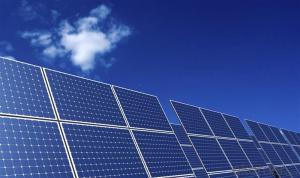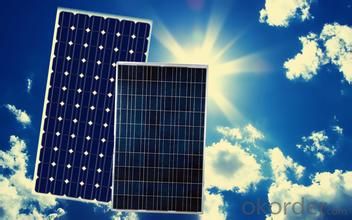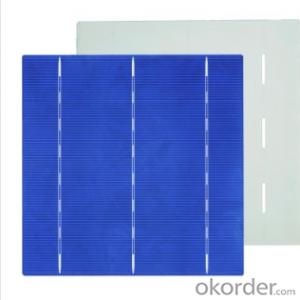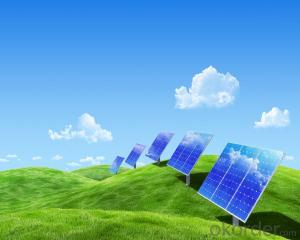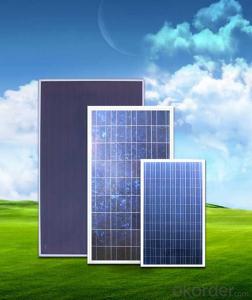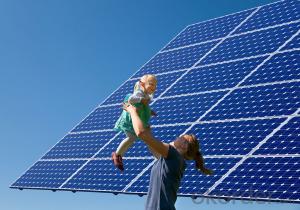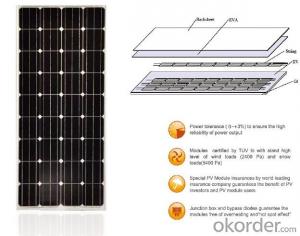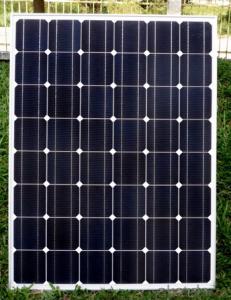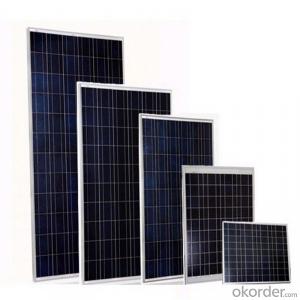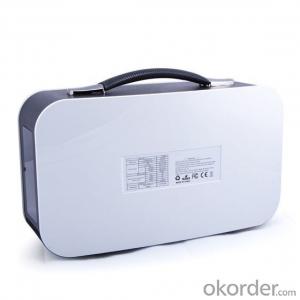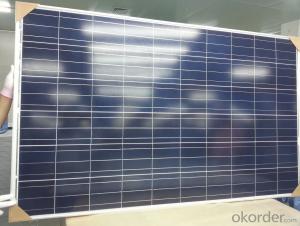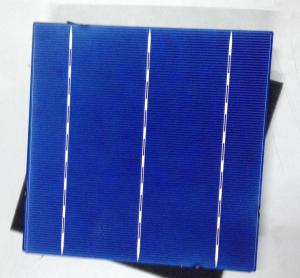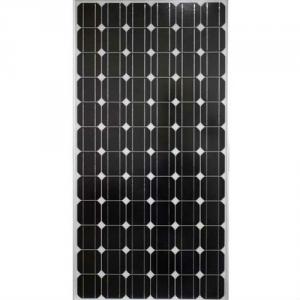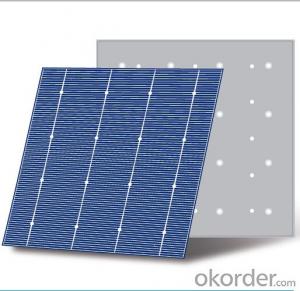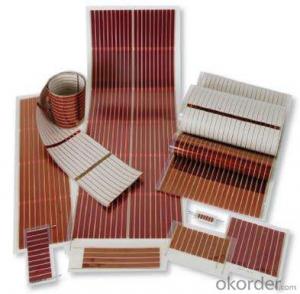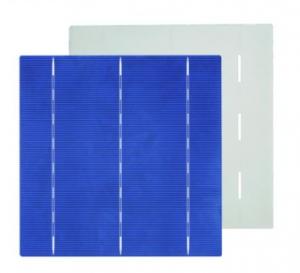Harbor Freight Solar Cells 300w Solar Home Solution with 25 Years Quality Assurance
- Loading Port:
- Shanghai
- Payment Terms:
- TT OR LC
- Min Order Qty:
- 1 pc
- Supply Capability:
- 5000 pc/month
OKorder Service Pledge
OKorder Financial Service
You Might Also Like
Specification
300W Solar Home Solution with 25 years Qualtiy Assurance
Production description
A photovoltaic system, also solar PV power system, or PV system, is a power system designed to supply usable solar power by means ofphotovoltaics. It consists of an arrangement of several components, including solar panels to absorb and convert sunlight into electricity, a solar inverter to change the electric current from DC to AC, as well as mounting, cabling and other electrical accessories to set up a working system. It may also use a solar tracking system to improve the system's overall performance and include anintegrated battery solution, as prices for storage devices are expected to decline.
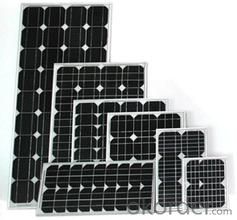
Feature
1.High conversion efficiencies resulting in superior power output performance.
2.Outstanding power output even in low light or high temperature conditions
3.Optimized design for ease of soldering and lamination
4.Long-term stability,reliability and performance
5.Low breakage rate
6.Color uniformaity
Physical characteristic
1. Rigorous quality control meets the highest international standards.
2. High-transmissivity low-iron tempered glass, strong aluminium frame.
3. Using UV-resistant silicon.
4. IS09001/14001/CE/TUV/UL
- Q: What is the role of junction boxes in solar cell systems?
- Junction boxes in solar cell systems serve as important components that provide electrical connections and protection for the wiring and components within the system. They are responsible for housing the electrical connections between solar panels, inverters, and other electrical devices, ensuring proper flow and distribution of electricity. Additionally, junction boxes help regulate the temperature and prevent moisture or debris from entering the system, ensuring the safety and efficiency of the solar cell system.
- Q: Can solar cells be used in powering communication networks?
- Yes, solar cells can be used to power communication networks. Solar cells convert sunlight into electricity, providing a reliable and renewable source of power. This makes them suitable for remote areas where traditional power sources may not be available or practical. By harnessing solar energy, communication networks can operate efficiently while reducing reliance on fossil fuels and minimizing their environmental impact.
- Q: How much space is required to install a solar cell system?
- The space required to install a solar cell system depends on various factors such as the capacity of the system, the type of solar panels used, and the available sunlight. Generally, a small residential solar system can be installed on a rooftop or an area of about 100-200 square feet, while larger commercial or utility-scale systems can require several acres of land.
- Q: How do solar cells perform in areas with high levels of volcanic ash?
- Solar cells may not perform optimally in areas with high levels of volcanic ash. Volcanic ash can reduce the amount of sunlight reaching the solar cells, thereby decreasing their efficiency. Additionally, ash particles can settle on the surface of the solar panels, blocking sunlight and reducing their output further. Regular cleaning and maintenance may be required to ensure effective performance in such areas.
- Q: Can solar cells be used for outdoor signage?
- Yes, solar cells can be used for outdoor signage. They are an environmentally friendly and sustainable option that can provide power to illuminate and operate outdoor signs. Solar cells can capture sunlight and convert it into electricity, making them an ideal choice for outdoor signage that is located in areas with ample sunshine.
- Q: What is the impact of solar cell installations on job creation?
- Solar cell installations have a significant positive impact on job creation. By promoting the growth of the renewable energy sector, these installations create a wide range of job opportunities across various fields such as manufacturing, installation, maintenance, and research. The demand for skilled workers in solar-related industries has been steadily increasing, leading to job creation and economic growth. Additionally, the solar industry often provides employment opportunities at both the local and national levels, contributing to the overall development of the workforce and the economy.
- Q: Can solar cells be used to power electronic devices?
- Yes, solar cells can be used to power electronic devices. Solar cells convert sunlight into electricity, which can then be used to power various electronic devices such as calculators, smartphones, and even larger appliances like laptops or refrigerators when appropriately connected to the solar cell system.
- Q: Can solar cells be used to power data centers?
- Yes, solar cells can be used to power data centers. Solar panels can generate electricity from sunlight, which can be used to power the energy needs of data centers. However, the feasibility and effectiveness of using solar power for data centers depend on various factors such as the size of the data center, the availability of sunlight, energy storage solutions, and the overall energy consumption of the facility.
- Q: Can solar cells be used in cloudy or rainy conditions?
- Yes, solar cells can still be used in cloudy or rainy conditions, although their efficiency may be reduced compared to sunny conditions.
- Q: How do solar cells handle lightning strikes or electrical surges?
- Solar cells are designed to handle lightning strikes or electrical surges by incorporating protective mechanisms. This includes surge protectors, lightning arresters, and grounding systems. These components divert the excessive electrical energy away from the solar cells, preventing damage to the cells and other connected devices.
Send your message to us
Harbor Freight Solar Cells 300w Solar Home Solution with 25 Years Quality Assurance
- Loading Port:
- Shanghai
- Payment Terms:
- TT OR LC
- Min Order Qty:
- 1 pc
- Supply Capability:
- 5000 pc/month
OKorder Service Pledge
OKorder Financial Service
Similar products
Hot products
Hot Searches
Related keywords
